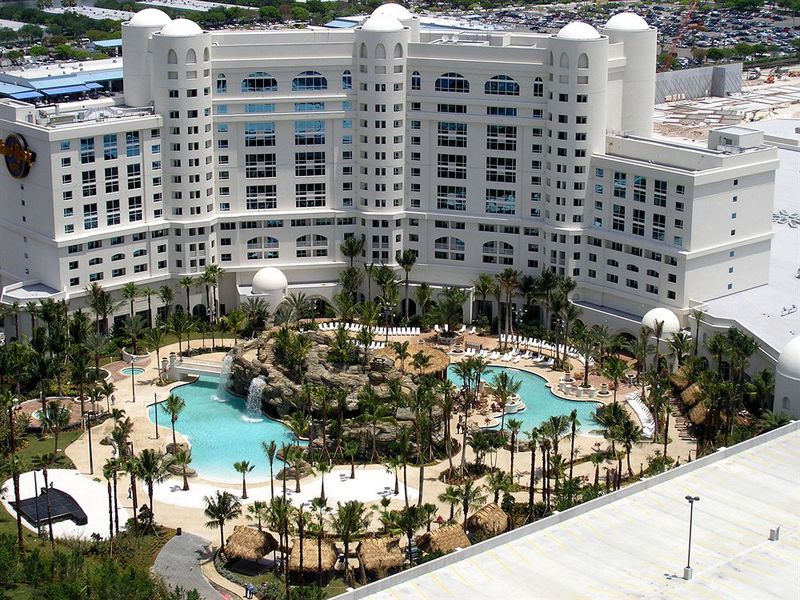






Seminoles, State Of Florida Reach Gambling DealAgreement Allows For Tribe To Continue Blackjack |
|
|

Florida and the Seminole Tribe have agreed to a new deal that will end a long-standing and contentious dispute over the tribe’s blackjack tables in the state. The Seminoles operate the well-known Hard Rock casinos in Tampa and Hollywood.
Thanks to the agreement, the tribe will be able to continue with lucrative blackjack games for the next 14 years. In return, Florida gets a cut of the revenue. As a result of the deal, Florida gets an immediate payment of $220 million, according to the Associated Press.
In November, U.S. District Judge Robert Hinkle ruled that the Seminoles could keep offering blackjack despite the 2010 compact with Florida being expired. That ruling was seen as a win for the tribe and created even more momentum for a new deal with the state.
Florida originally wanted the Seminoles to cease blackjack after the old compact expired. The tribe argued that Florida violated the compact that gave it a casino gambling monopoly by letting other gambling facilities have similar games.
Under Florida law, racinos can’t offer house-banked games, but there was a way around that rule by allowing a player to act as the game’s bank on behalf of the house.
Non-banked games, i.e. traditional poker, are legal at the racinos.
The state is home to some 30 poker rooms between the tribal and commercial facilities.
In addition to the casinos in Tampa and Hollywood, the tribe has five other casinos in the Sunshine State. Its gambling business is worth more than $2 billion a year.
Florida has the third largest tribal gaming market in the country, behind California and Oklahoma. The Florida gambling market could have grown substantial if a previous proposal, which called for allowing the Seminoles to have roulette and craps, had been approved.
Tribal casinos nationwide won $30.5 billion in 2015, an all-time high for the industry, according to Casino City’s 2017 Indian Gaming Industry Report.
